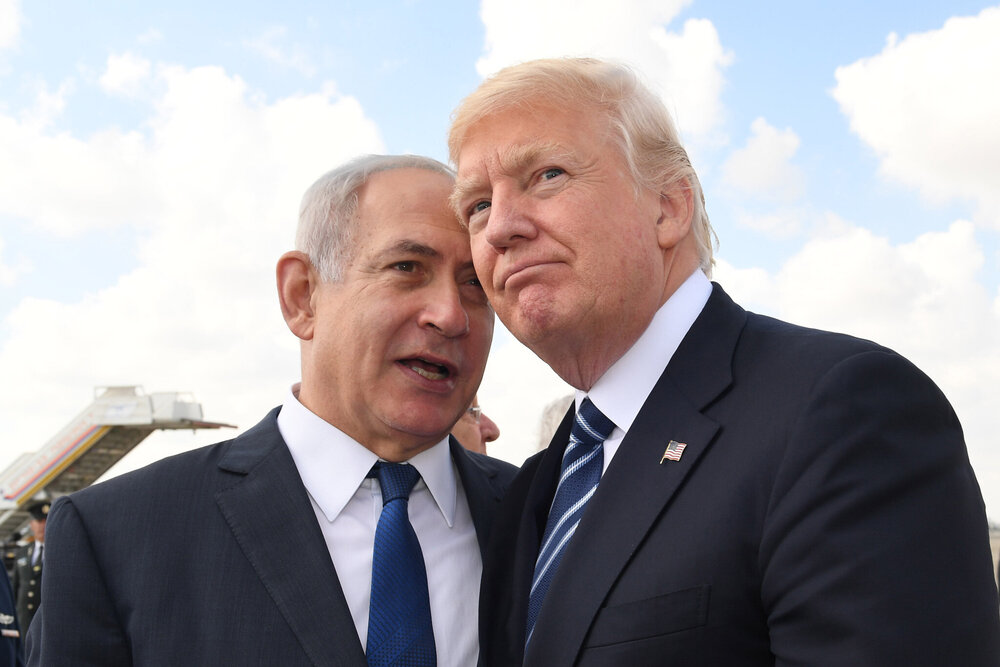Israel regretful over role in collapse of JCPOA: report

TEHRAN – Israel has reportedly expressed contrition over its role in encouraging the Trump administration to quit the 2015 Iran nuclear in 2018.
Israeli security leaders expressed their regret over the pressure exerted by Tel Aviv on former U.S. President Donald Trump in 2018 to withdraw from the nuclear agreement between Iran and the major powers in 2015, a withdrawal that led to the virtual collapse of the agreement, according to an Al Araby Al Jadeed report.
The official Israeli television channel, Kan, stated that the security leaders expressed this position because both Iran and the great powers are now heading to the same agreement, but after Tehran made great development in its nuclear program, especially in the field of uranium enrichment, which could have been avoided were it not for the withdrawal of the U.S. from the agreement.
In a report broadcast on Friday night, the channel indicated that the Israeli security leaders expressed this feeling during a recent consultative meeting, in which Prime Minister Yair Lapid participated. The channel pointed out that former Israeli Prime Minister Benjamin Netanyahu made the issue of the United States' withdrawal from the nuclear agreement an essential issue in the election campaign, and touted it as an achievement.
The channel noted that Israel has intensified its pressure on the administration of President Joe Biden to take into account its demands in any agreement reached with Iran, especially the preservation of the investigation files against Iran at the International Atomic Energy Agency. It also said that Israel intensified its pressure that the new agreement would allow prolonging inspections of Tehran's nuclear institutions, and not allow the Iranian Islamic Revolution Guards to be removed from the U.S. list of terrorist organizations.
The channel added that the Israeli National Security Adviser, Eyal Hulata, went to Washington to make contacts with his American counterpart, Jake Sullivan, about the conditions that Tel Aviv believes that any agreement with Tehran must adhere to.
Iran has submitted its response to the text the European Union submitted to Tehran and called it a “final” draft.
The Iranian answer to the EU draft came amid Iranian calls for the U.S. to show flexibility. The Iranian foreign minister has said that Iran showed much flexibility and America knows that full well. “America knows very well how much flexibility we have shown, now it is the turn of the American side to be flexible. In the recent Vienna negotiations, the American side expressed its verbal flexibility on two issues. This should be in writing. In the third issue and guarantees, we must have America's flexibility. If America shows flexibility, we will reach a point of agreement in the coming days,” he said.
In a phone conversation with his Omani counterpart on Thursday, Iranian Foreign Minister Hossein Amir Abdollahian stated that if Iran's red lines are upheld, a new phase will begin in Vienna, the venue for the talks to revive the 2015 nuclear deal.
The chief Iranian diplomat highlighted that no side can definitively discuss reaching a good and permanent agreement on the resurrection of the 2015 nuclear deal in Vienna until all concerns have been resolved.
He also praised Oman's positive contribution to the Vienna negotiations on the renewal of the historic nuclear agreement, officially known as the Joint Comprehensive Plan of Action (JCPOA), and the lifting of sanctions on Tehran.
